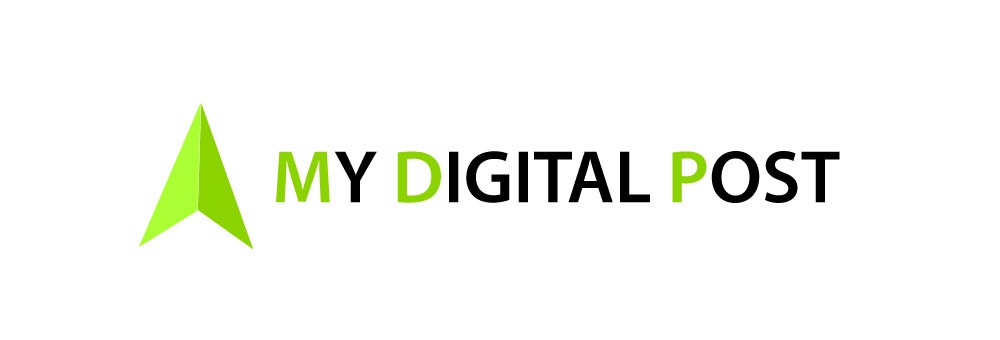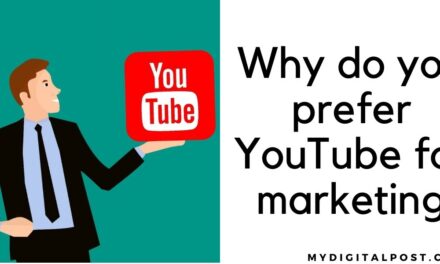Social media, with its widespread usage, has undoubtedly transformed the way we communicate and connect with others. However, it also comes with a host of negative effects. This article highlights ten detrimental impacts of social media. From addiction and decreased productivity to cyberbullying and mental health issues like anxiety and depression, social media’s negative consequences cannot be ignored. By understanding these effects, we can navigate the digital landscape more consciously and promote a healthier relationship with social media. Let’s discuss the negative effects of social media.
1- Social Comparison & Low Self-Esteem
Social comparison, when people continuously compare their lives, accomplishments, and appearances to others, has become more prevalent as a result of enhancing your social media presence with Incrementors. Low self-esteem may result from repeated exposure to others’ seemingly great highlight reels of their lives. People who view others’ accomplishments and seemingly perfect appearances may feel inferior, which results in a negative self-perception. The strain to live up to unattainable expectations and the constant need for approval can hurt one’s self-esteem and general well-being.
2- Cyberbullying & Online Harassment
In the digital age, online bullying and harassment have alarmingly become widespread problems. People can readily target others with nasty messages, threatening remarks, and public humiliation because of the anonymity and broad reach that drive your online success with North York’s SEO social media marketing services platforms. Cyberbullying victims frequently face severe emotional and psychological damage that can result in low self-esteem, anxiety, and even depression. The detrimental impacts of this type of harassment underline the critical need for effective methods to prevent and combat cyberbullying to make everyone’s online experience safer.
3- Fear of Missing Out (FOMO)
Social media’s emergence has made the Fear of Missing Out (FOMO), a psychological problem, more prevalent. When a person feels as though they are missing out on interesting activities, encounters, or social interactions that others are taking part in, it is referred to as FOMO. Social media exacerbates the feeling of being left out because it chronicles others’ accomplishments and activities regularly. This worry can have a significant effect on one’s mental health and general level of happiness by causing restlessness, discontentment, and a persistent need to keep connected.
4- Addiction & Time Wasting
Addiction and the resulting time waste are two of the most recognized negative effects of social media. People are easily put in a loop by endless scrolling and constant notifications, spending hours idly perusing posts, videos, and comments. This compulsive behavior can result in lower productivity, disregard for obligations, and a waste of time that could be used for more worthwhile pursuits. To prevent the negative effects of social media addiction on one’s everyday life, it is imperative to break free from this cycle and find a healthy balance.
5- Privacy Concerns & Data Security
In the digital age, privacy issues, and data security have taken on more importance. Personal information is continuously being gathered and shared because of the growing use of social media, online commerce, and digital services. Concerns have been expressed about the use, storage, and security of this data as a result. Individuals and organizations are in danger of having their sensitive information compromised by everything from targeted marketing to data breaches. Maintaining trust and protecting people’s personal data online requires strong data security measures and privacy protection.
10 Positive Effects of Social Media
6- Distorted Perception of Reality
A warped view of reality has resulted from overusing social media. People frequently provide an idealized picture of their lives through carefully worded articles. And filtered images, highlighting only the positive aspects and eliminating the boring or difficult ones. Constantly being exposed to curated content can give people a false sense of reality, prompting them to compare themselves to unattainable ideals. And develop low self-esteem and feelings of inadequacy. Social media can distort how we see others’ lives, and in order to keep a fair viewpoint, it is critical to be aware of this distortion.
7- Decreased Face-to-Face Social Interactions
Face-to-face social connections have significantly decreased as a result of the widespread use of social media. People are choosing virtual connections over in-person contacts more frequently thanks to the simplicity of internet communication. Opportunities for actual human connection, empathy, and deep talks have decreased as a result of this transition. The absence of physical presence and nonverbal clues can also make it more difficult to build strong, lasting connections and develop social skills. In our increasingly digital environment, it’s critical to establish a balance between online and offline encounters to preserve good social dynamics.
8- Negative Impact on Mental Health
Mental health has suffered as a result of the growth of social media. Constant exposure to expertly chosen posts and images has elevated feelings of inferiority, envy, and comparison. Mental health problems including anxiety and sadness have increased as a result of this. In the digital age, it is critical to be aware of these detrimental impacts and to give mental health priority.
Top 10 Businesses That Run Themselves
9- Productivity Loss & Distraction
Two significant drawbacks of social networking are distraction and lost productivity. The continuous notifications, never-ending scrolling, and seductive qualities of these platforms frequently cause a sharp fall in productivity. Setting boundaries and controlling social media use is crucial to reducing these negative consequences because this not only hinders personal productivity but also negatively impacts professional effectiveness.
10- Spread of Misinformation & Fake News
In the era of social media, the propagation of false information and fake news has become a serious concern. Online information sharing makes it simple to spread fake stories and unsupported assertions. This type of activity has the potential to mislead and deceive millions of people. The widespread transmission of false information could have serious repercussions on public opinion, and institutional confidence. To address the negative consequences of disinformation, this topic calls for media literacy and critical thinking. And advocacy for trustworthy sources of information.
Conclusion
While social media has undoubtedly revolutionized the way we connect & share information. It also brings along a host of negative effects. As users, it is essential to be aware of these negative effects and take measures to mitigate them. Striking a balance between the benefits and drawbacks of social media is crucial to ensure a healthier.










